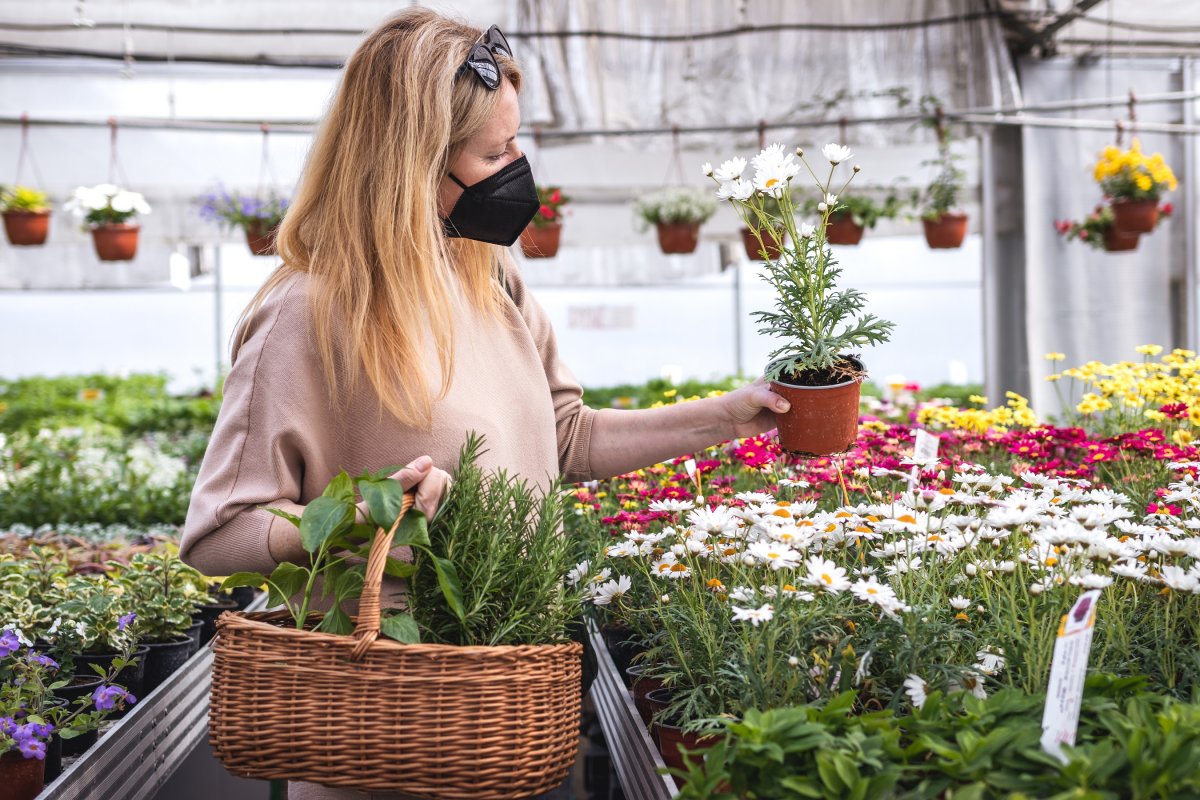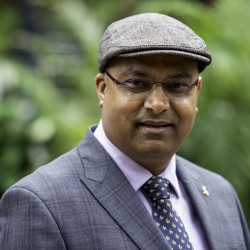University of Surrey reveals optimal usage time for face coverings to mitigate Covid-19 transmission
Air pollution experts at the University of Surrey have given their stamp of approval to respirator masks as the go-to face covering to mitigate Covid-19 and other pollution particles, recommending that these masks are worn between 3.2 to 9.5 hours for maximum effectiveness*. The researchers also reveal that respirators are around 97 per cent effective in protecting against virus-laden particles compared to other types of masks.

In a paper published by the Journal of Hazardous Materials, researchers from Surrey's renowned Global Centre for Clean Air Research (GCARE) explore two key questions: how long a mask should be worn; and when should it be discarded, recycled or washed to optimise its usage time.
The GCARE team conducted a comprehensive laboratory investigation on 11 masks**, revealing that over time the filters of a face covering start to become clogged by aerosol particles, while breathing resistance also increases as the masks are worn. The crossover point between particle penetration and breathing resistance estimates an ideal usage duration.
Results suggest that although respirator masks provide the best performance (3.2 to 9.5 hours usage time and around 97 per cent effective in protecting against harmful particles), medical and some handmade masks also provide protection but with lower usage time and effectiveness.
The researchers found that medical face masks provide between 2.6 to 7.3 hours of usage time and are around 81 per cent effective against virus-laden particles, and handmade masks are effective for 4 to 8.8 hours and are 47 per cent effective.
Professor Prashant Kumar, senior author of the paper, Associate Dean (International) and Founding Director of GCARE at the University of Surrey, said: "It is important to reiterate that while vaccination is key to the fight against Covid-19, face coverings are also essential. Donning a face mask is not only about protecting yourself but all those around you.
"While any face mask is better than no face mask, our research aims to give the general public clear and accurate information so they can make informed decisions as we continue in our fight against Covid-19."
For further information on the research paper:
Sharma, A., Omidvarborna, H., Kumar, P., 2021. Efficacy of facemasks in mitigating respiratory exposure to submicron aerosols. Journal of Hazardous Materials 126783, Link: https://doi.org/10.1016/j.jhazmat.2021.126783.
*This refers to usage times and corresponds to continuous filtering of air that typically has the aerosol concentrations found in a roadside environment. In reality, factors such as the leakages due to their poor fitting, the activity level of wearers, and the aerosol concentration levels in a setting such as indoor, outdoor, cars or trains etc where a wearer has been to, can increase this usage time appreciably.
**A simplified description of 11 types of face protective equipment - four respirators; three medical; and four handmade in the submicron range.
This work extends GCARE's research on COVID-19 airborne transmission in the context of various environments and face masks and has been supported by the EPSRC-funded PhD Project reference number 1948919, COTRACE (EP/W001411/1; COvid-19 Transmission Risk Assessment Case studies - education Establishments) and COVAIR (EP/V052462/1; Is SARS-CoV-2 airborne and does it interact with particle pollutants?) projects.
Media Contacts
External Communications and PR team
Phone: +44 (0)1483 684380 / 688914 / 684378
Email: mediarelations@surrey.ac.uk
Out of hours: +44 (0)7773 479911
